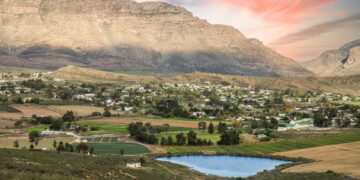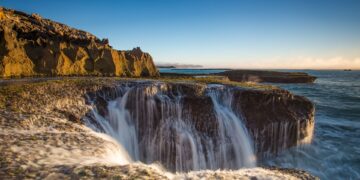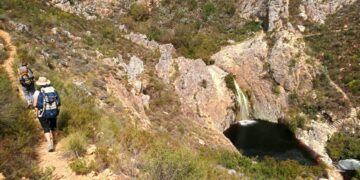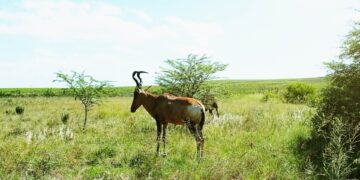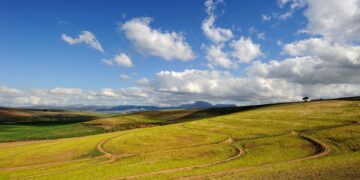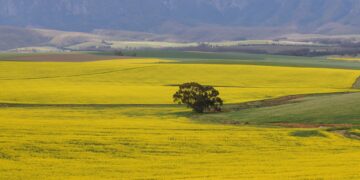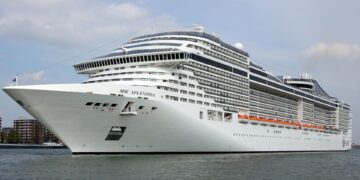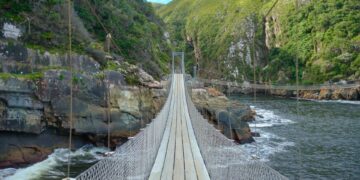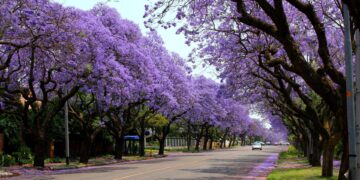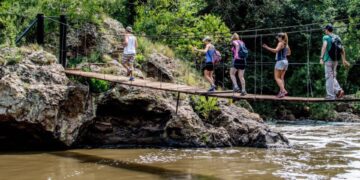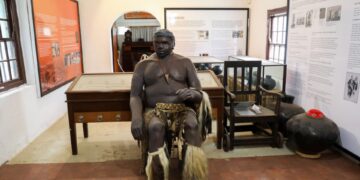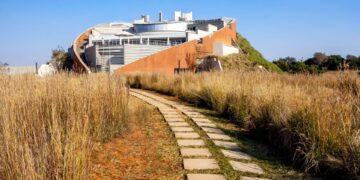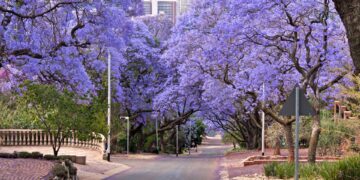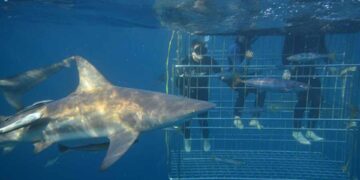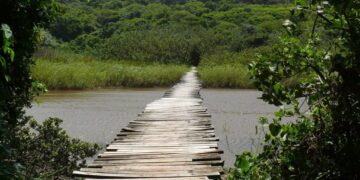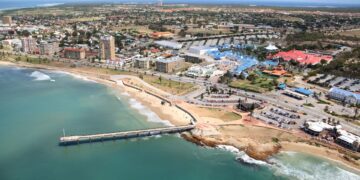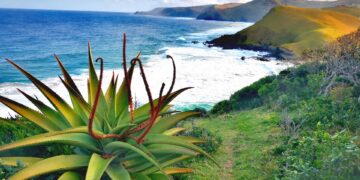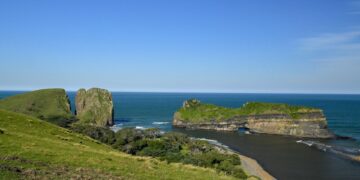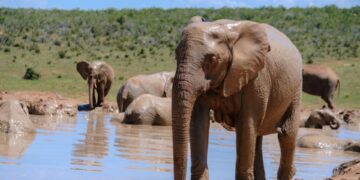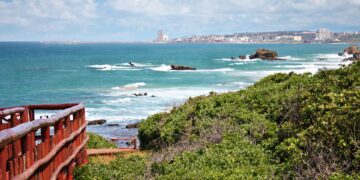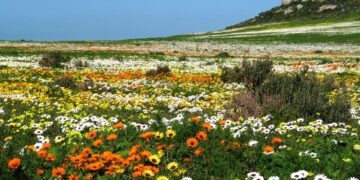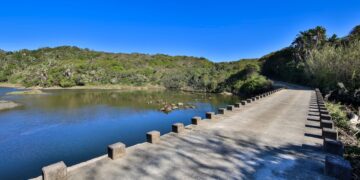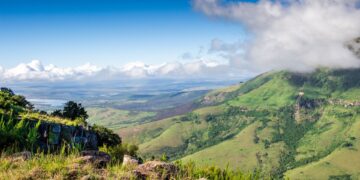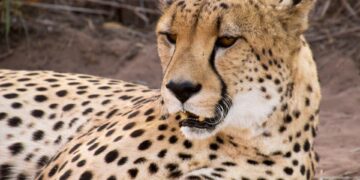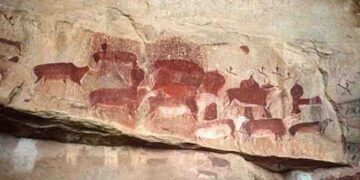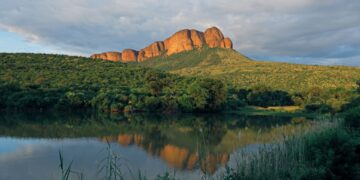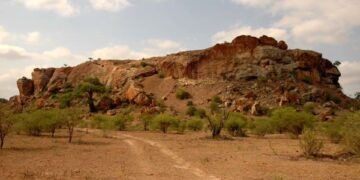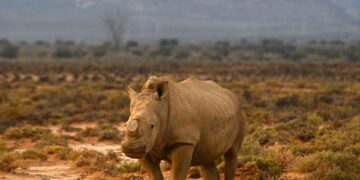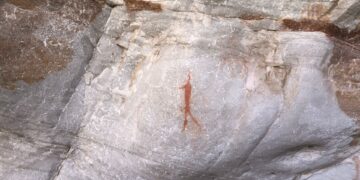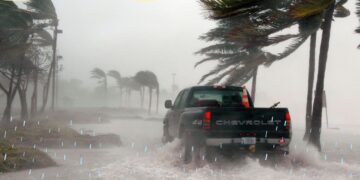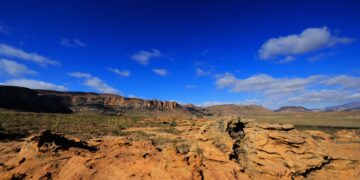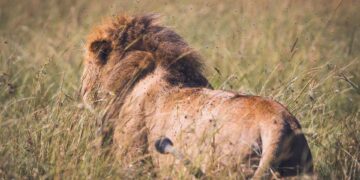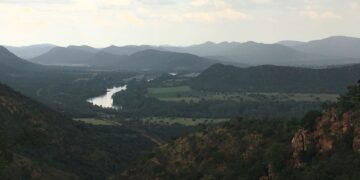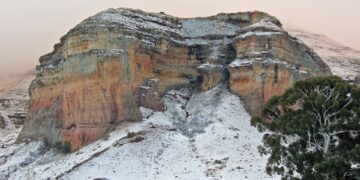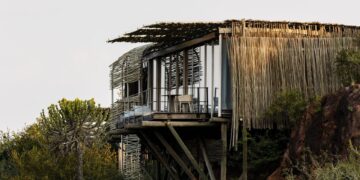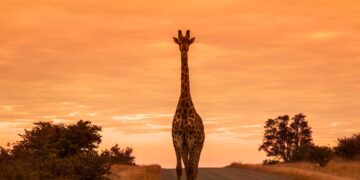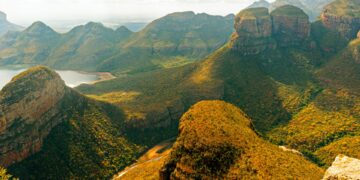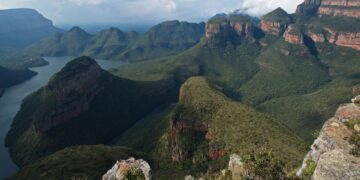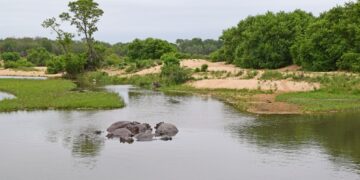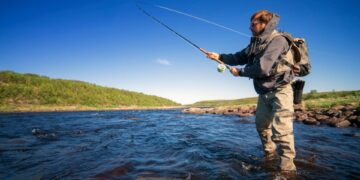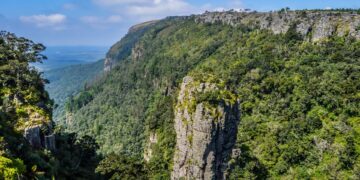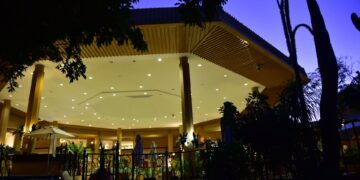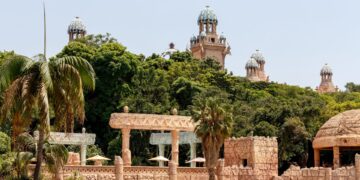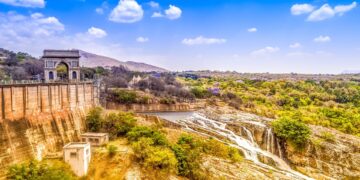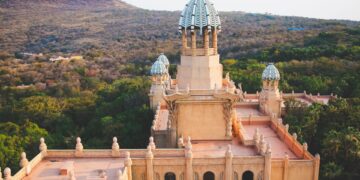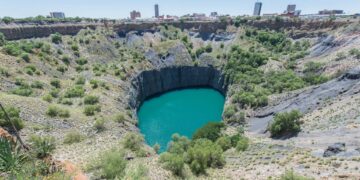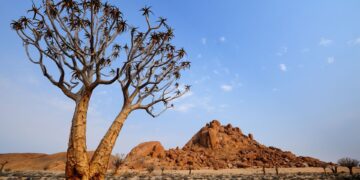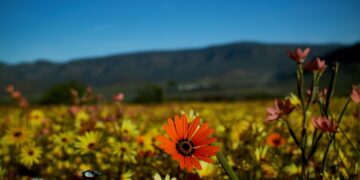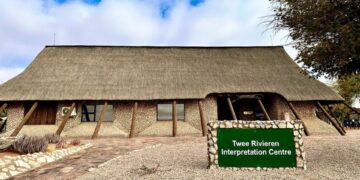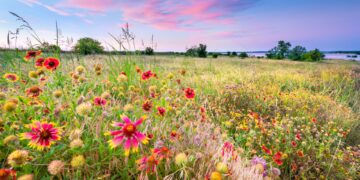It’s happy news indeed: 40 years after they became extinct in the region, Rhinos have returned to thrive in Mozambique.
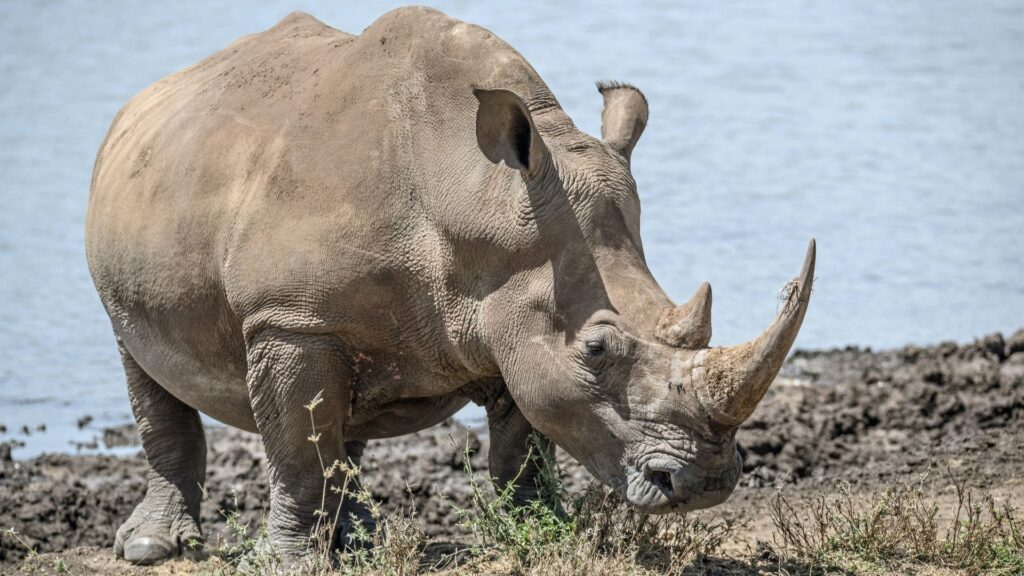
Return of the Rhinos
Mozambique has triumphantly announced the return of rhinos to the region, nearly 40 years after they became extinct to that particular locale.
Thanks to a rehabilitation project, 19 white rhinos have successfully been translocated from South Africa to the Zinave National Park in Mozambique through the longest road-transfer of rhinos ever done.
Peace Parks Foundation project is the organisation behind the relocation, and they are solely driven towards a single purpose of restoring a tomorrow for life on Earth. They aim to re-establish, renew and preserve large functional ecosystems in order to ensure sustainability.
The 19 animals have now made their new home in the park, which spans more than 408 000 hectares and already has 2 400 other animals.
Kester Vickery, a conservationist who is supervising the rhino translocation, told Reuters about why they’re moving this particular species.
“Rhinos are important to the ecosystem, which is one of the reasons why we’re moving them all this distance and making all this effort to get them there,” Vickery said.
According to tourism update, Senior Project Manager at the Peace Parks Foundation project, Antony Alexander, said that they had already relocated certain predators and many elephants to the park and that it was now the rhinos’ turn.
“It’s very exciting now to complete the presence of historical species in the park,” Alexander said.
Peace Parks projects
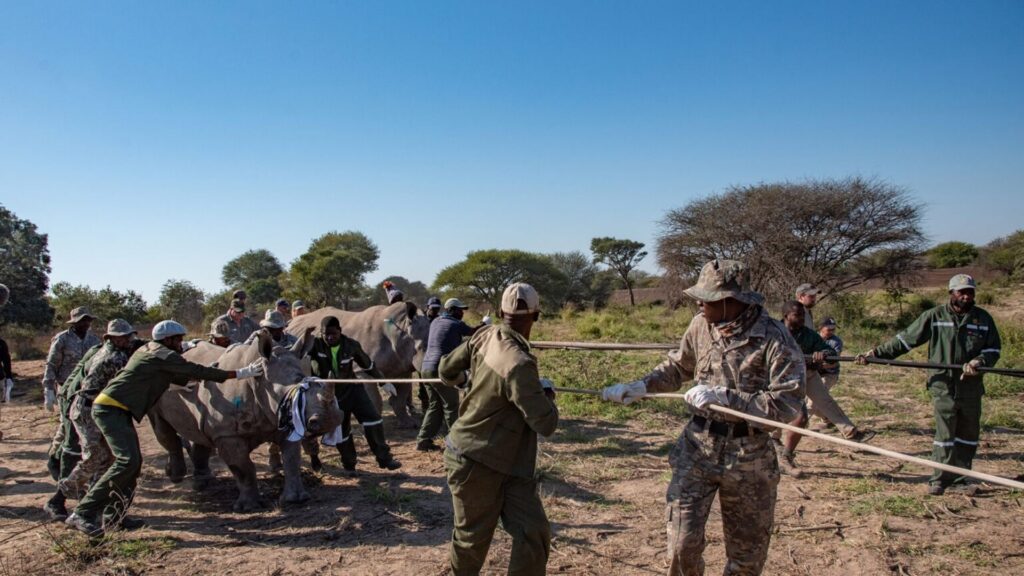
To date around 2,400 game animals representing 14 different species have been introduced to Zinave, including elephant, sable, giraffe, buffalo, zebra, wildebeest, leopard and hyena.
According to Peace Parks, the concept of ‘rewilding’ is very immportant for sustainability.
“Rewilding is a vital component of restoring nature and ecological balance in large landscapes. By reintroducing wildlife to areas where the species once thrived, biodiversity is once again restored. The restoration and preservation of natural ecosystems is also recognised as one of the most effective tools we have in mitigating climate change and can increase global carbon uptake by up to 12 times.”
ALSO READ: 10 Kruger Facts 95% of Tourists didn’t know

